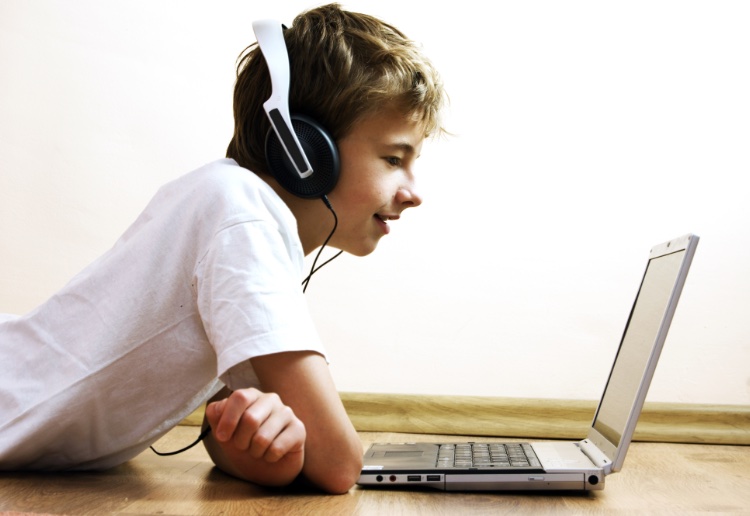Cyber predators are likely to be more active during this time when large numbers of children are engaged in online learning due to Covid-19. Here’s how to stay safe online during home isolation.
Now more than ever parents need to be particularly vigilant with their children’s cyber safety, but many of us are busy juggling our own cyber safety battles and ‘zoombombing’ interruptions working from home!
Having worked in IT for over 20 years, with the last 12 years working in schools, IT expert, Craig Mckeown has seen it all when it comes to the tricks that cyber predators use, but also the best methods for students’ cyber safety.
Here are some of Craig’s recommendations on how to stay safe online, that every parent should follow:
Set expectations
It is best to set expectations with your children about technology use and regularly remind your children of these expectations. Consider limited use of screen time in the child’s room where it is difficult for parents to monitor, or no screen time after 8pm to make easing into bedtime more natural for the body.
Understand the apps and software
Craig recommends gaining a basic understanding of the main programs and apps your children will be using during this season of online learning. This will allow you to better monitor your child’s cyber safety as you will be better prepared to respond to any threats.
Install cyber safety software
Installing a home internet filter, such as Family Zone, is a great way to protect children against cyber threats. These programs allow you to block inappropriate websites and programs, with some home filters allowing you to monitor each internet session your child has.
Encourage your children to speak up
Craig strongly suggests making a ‘house rule’ that your children must come to you if they are concerned about anything happening online. It is important that children feel comfortable to speak about their concerns when online and not feel like they will get into trouble.
Cyber bullying
Keep an eye out for cyber bullying. During these times of change, students may act out of character and express latent anxiety inappropriately. Is it also important to talk to your children about the process of blocking or rejecting inappropriate requests on social media.
Minimise negative habits
Be careful that your children don’t form negative habits, such as binge watching Netflix, during this season of online learning. This may cause the child to have disrupted sleep, detracting from their concentration during the school day.
Turn off notifications
Children should turn off notifications and place their phones in aeroplane mode when engaged in learning tasks that don’t require technology. This will minimise distractions while they are learning.
Create content
Craig always encourages students to be creators of content, not simply consumers of content! It is a great learning tool but also a great way to keep them busy during this time. Allow your children to make their own videos, stop motion animation or other ideas, rather than always passively watching their teacher’s videos or other internet videos. However, he doesn’t recommend posting these videos online, keep them just for your family instead.
Virtual social time
Encourage your children to arrange ‘social time’ with their friends online to ensure clear boundaries exist between learning and socialising.
This government guide about eSafety during the COVID-19 pandemic is another great resource for more information.
Craig Mckeown has over 20 years experience in Information Technology (IT) with the last 12 years being in Private Schools. He is married with 2 young girls and when he gets any time to himself, he likes surfing or mountain biking.
What steps are you implementing to keep your kids safe online? Tell us in the comments below.




















10:54 am
4:14 pm
4:01 pm
11:56 am
6:43 am
9:42 am
3:47 pm
2:30 pm
7:37 am
11:44 pm
8:58 pm
8:08 pm
9:45 pm
12:39 am
10:53 pm
1:30 am
3:33 pm
2:23 pm
1:03 pm
7:29 am
- 1
- 2
- »
Post a commentTo post a review/comment please join us or login so we can allocate your points.